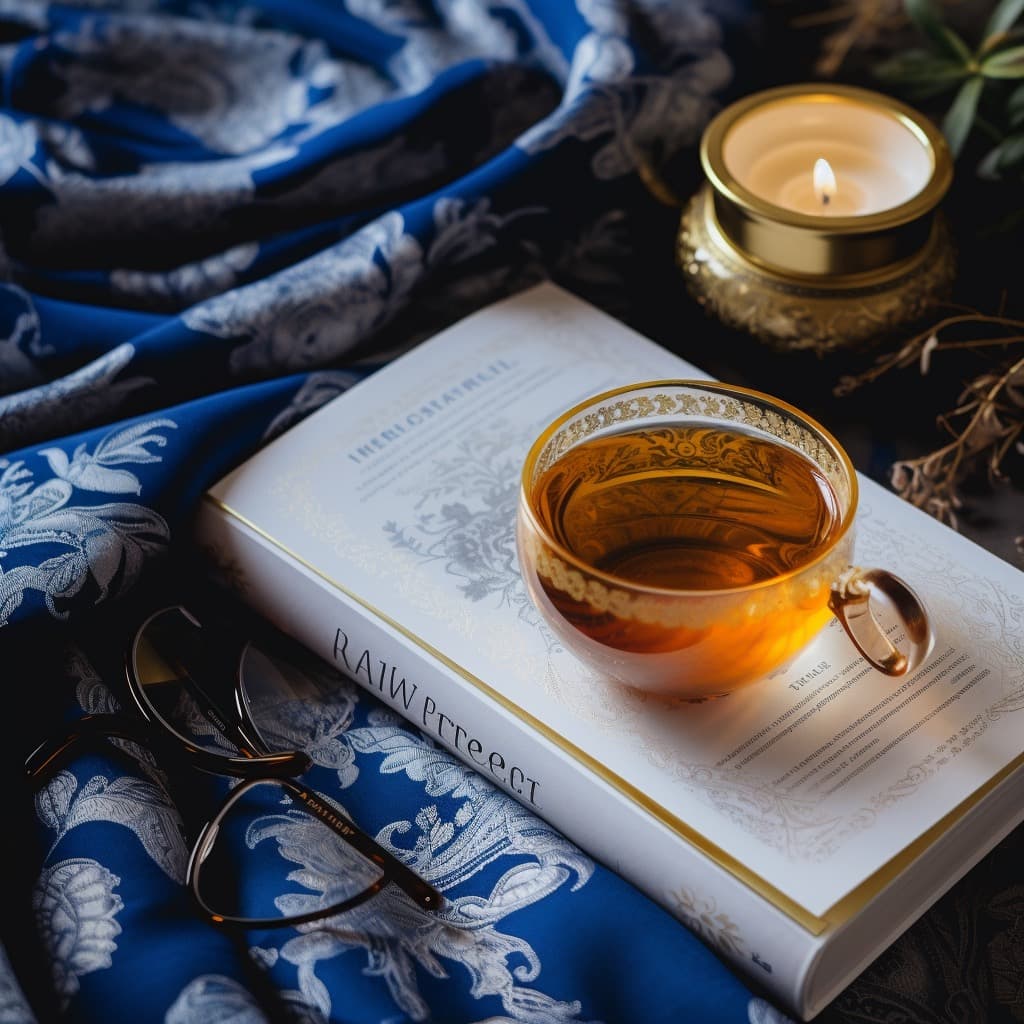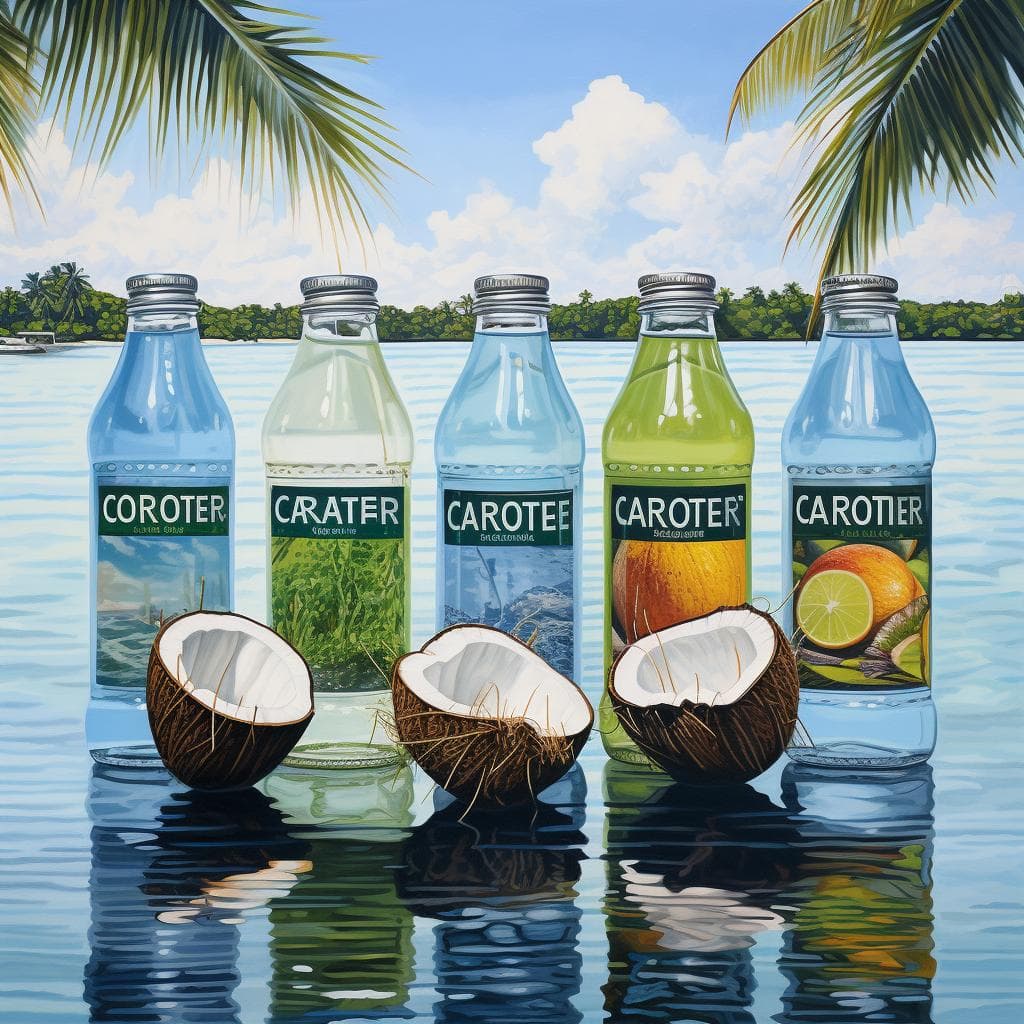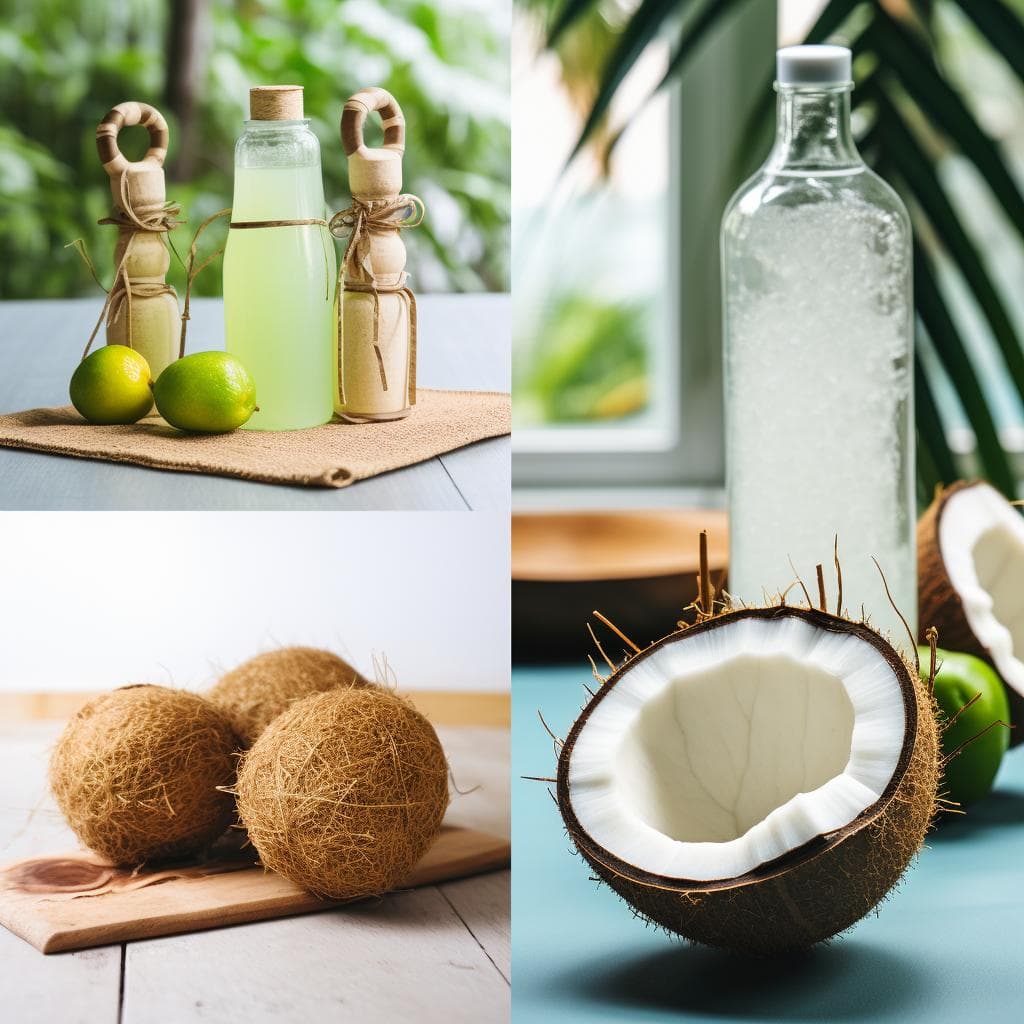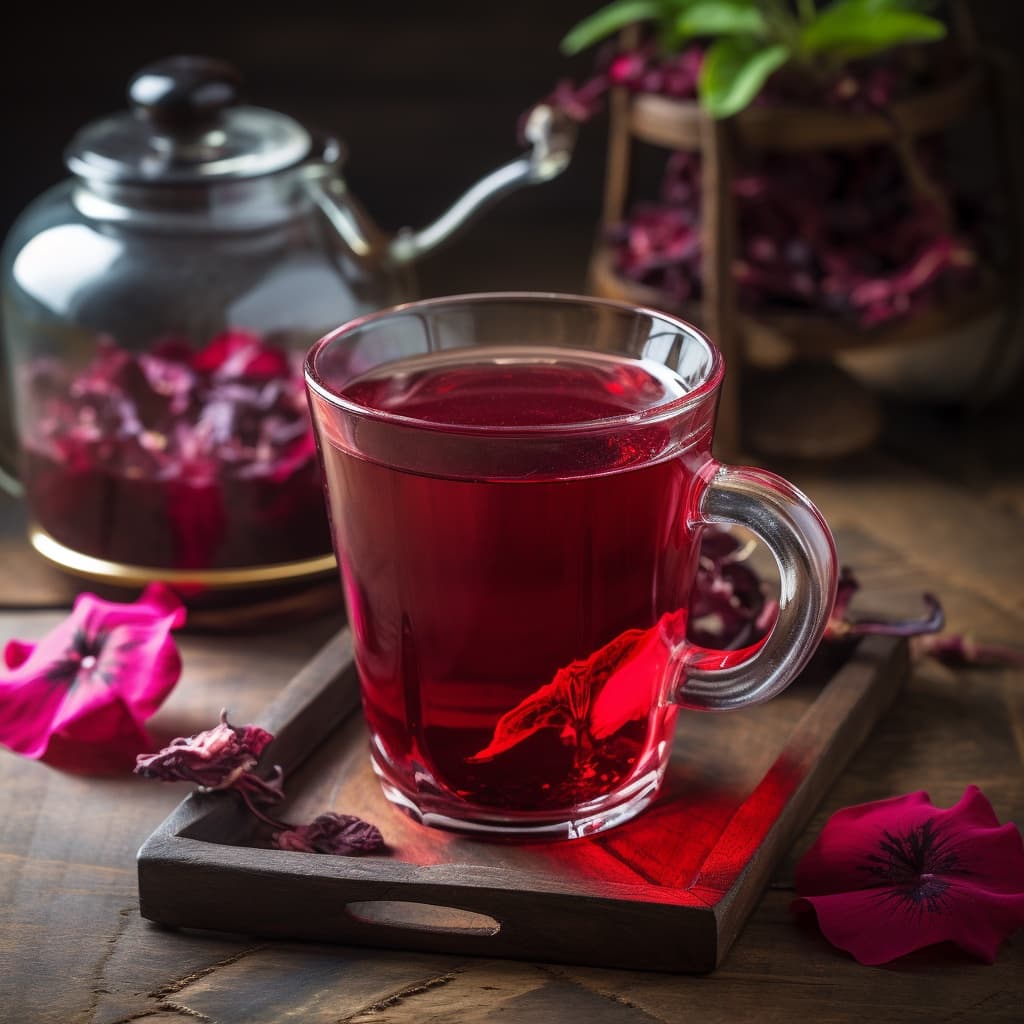Beverages play a significant role in our overall well-being, affecting not only our hydration levels but also our sleep quality. The choices we make regarding what we drink can have a profound impact on our ability to get restful sleep and maintain optimal hydration. In this article, we will explore the relationship between beverages, sleep quality, and hydration, providing insights into how different drinks can either enhance or disrupt our sleep patterns and hydration levels.
The Importance of Sleep Quality
Quality sleep is crucial for overall health and well-being. It impacts various aspects of our lives, including cognitive function, mood, immune system function, and physical performance. Understanding the factors that influence sleep quality, such as beverage choices, can help us optimize our sleep routines.
Understanding the Role of Hydration
Proper hydration is essential for our bodies to function optimally. Water is vital for regulating body temperature, lubricating joints, transporting nutrients, and removing waste. Maintaining adequate hydration levels throughout the day can positively impact our sleep quality.
The Effects of Caffeinated Beverages on Sleep
Caffeinated beverages like coffee, tea, and energy drinks can provide a temporary energy boost and enhance alertness. However, consuming them too close to bedtime can interfere with sleep. Caffeine stimulates the nervous system, making it harder to fall asleep and potentially disrupting sleep patterns.
Promoting Better Sleep with Herbal Teas
Herbal teas, such as chamomile, lavender, and valerian root, have calming properties that can promote relaxation and improve sleep quality. These caffeine-free options can be incorporated into bedtime routines to create a soothing and sleep-inducing environment.
The Power of Water for Hydration and Sleep
Water is the most essential beverage for maintaining proper hydration levels. Staying adequately hydrated throughout the day can support optimal sleep quality. However, it's important to strike a balance and avoid excessive fluid intake close to bedtime to minimize disruptions from frequent bathroom trips.
Alcoholic Beverages and Sleep Disturbances
While alcohol may initially induce drowsiness, it can have negative effects on sleep quality. Alcohol disrupts the natural sleep cycle, leading to fragmented and less restorative sleep. It's advisable to limit alcohol consumption, especially closer to bedtime, to promote better sleep.
Beverages to Avoid Before Bedtime
Certain beverages should be avoided or consumed in moderation before bedtime, as they can interfere with sleep quality. These include caffeinated drinks, sugary beverages, and those high in alcohol content. Opting for sleep-friendly alternatives can help improve sleep outcomes.
Hydration Strategies for Better Sleep
Establishing good hydration habits can positively impact sleep quality. Distribute water intake throughout the day, focus on staying hydrated during daytime hours, and reduce fluid intake closer to bedtime. This approach can minimize disruptions during the night while maintaining adequate hydration.
Sleep-Friendly Beverages to Try
In addition to herbal teas, there are other sleep-friendly beverages to consider. Warm milk, tart cherry juice, and decaffeinated teas are examples of drinks that can promote relaxation and support better sleep. Experimenting with these options can help find what works best for individual preferences.
Conclusion
Beverages have a significant influence on both sleep quality and hydration levels. Making mindful choices about the drinks we consume can contribute to better sleep outcomes and overall well-being. Prioritizing hydration, avoiding disruptive beverages before bed, and incorporating sleep-friendly options can help create an environment conducive to restful sleep and optimal hydration.
FAQs
1. Can drinking water improve sleep quality?
* Staying adequately hydrated throughout the day can positively impact sleep quality. However, it's important to balance water intake to avoid disruptions from bathroom trips during the night.
2. Do herbal teas really promote better sleep?
* Herbal teas like chamomile and lavender have calming properties that can promote relaxation and improve sleep quality for some individuals. However, individual responses may vary.
3. How does caffeine affect sleep?
* Consuming caffeine too close to bedtime can interfere with sleep. Caffeine stimulates the nervous system, making it harder to fall asleep and potentially disrupting sleep patterns.
4. Can alcohol help with sleep?
* While alcohol may induce drowsiness, it can have negative effects on sleep quality. It disrupts the natural sleep cycle, leading to fragmented and less restorative sleep.
5. Are there any specific beverages to avoid before bed?
* Beverages to avoid before bed include caffeinated drinks, sugary beverages, and those high in alcohol content. Opting for sleep-friendly alternatives can help improve sleep outcomes.
Note: The information provided in this article is for informational purposes only and should not be considered as medical advice. It is always recommended to consult with a healthcare professional for personalized recommendations regarding sleep and hydration.




